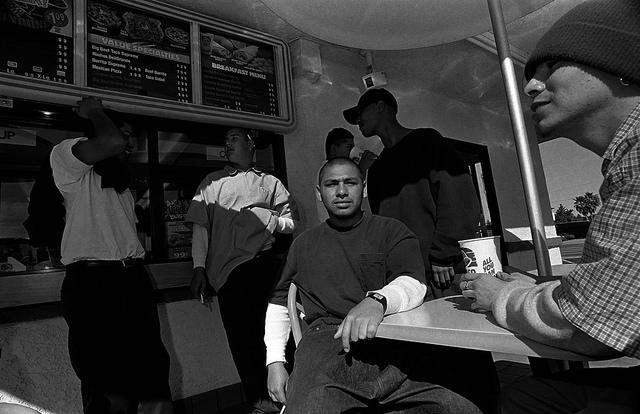
In El Salvador, gangs have wreaked havoc for decades through kidnapping, extortion, beatings, rape, and murder. The gangs have now become powerful enough to affect political life in the nation, forcefully deterring people from voting and negotiating directly with the government. A recent article by UMN history professor Patrick J. McNamara argues that, under definitions of U.S. immigration courts and U.N. charters, those fleeing gang violence in El Salvador should be considered political refugees, because these gangs have become influential political actors.
McNamara’s work is based on newspaper articles, institutional reports documenting violence, and interviews conducted in the country with key representatives of human rights organizations, the National Academy of Public Security (ANSP), and government officials working on issues of gang-related violence. His research also draws from a number of asylum cases in the United States. McNamara writes,
From the perspective of the gangs, civilians commit acts of political resistance when they report crimes to the police, when they sponsor or participate in anti-gang youth programmes, when they refuse to pay extortion demands, and when they abandon their homes to try to find safety rather than submit to gang authority.
This work reminds us that politics isn’t limited to politicians, parties, and voters, and that our definition of what is “political” (or not) can shape how we understand and evaluate different social problems. There are real stakes to these questions, because some nations give asylum or refugee status to immigrants fleeing political persecution, but may not offer the same treatment to other immigrants who flee their homes for different reasons.
Photo Credit: Moody College of Communication, Flickr CC

